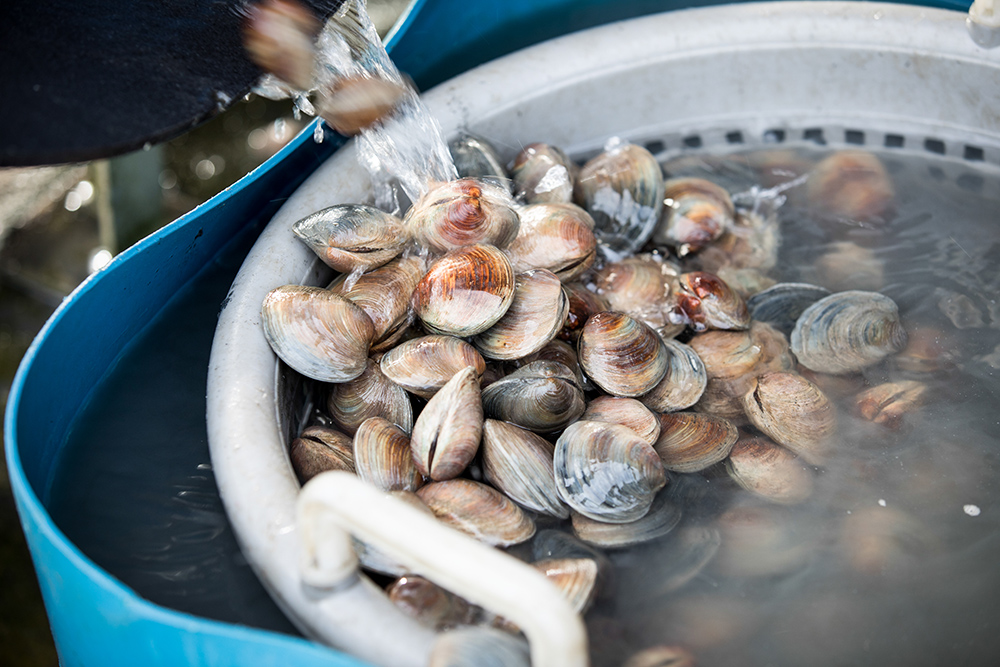By Faith Peppers
University of
Georgia
"With the warm winter we had, some gardeners had a hard time resisting getting a head start and planting annuals and vegetables," said Bob Westerfield, a University of Georgia Cooperative Extension horticulturist.
"The extent of the damage plants suffered from the freeze depends on the plant," he said.
Garden CPR
Tender annuals and vegetable plants may be lost."We've warned people that it's too early to plant," Westerfield lamented. "You can't safely plant tender plants in Georgia landscapes until after April 15, especially in the piedmont and northern areas of the state. If you did plant and they're now brittle or melted back to the ground, the plants are probably a total loss."
Westerfield advises pinching plants back to the ground or to a living, growing area of the plant if there is one. Replanting may be the only answer.
Woody ornamentals probably fared better in the freeze than annuals.
"We've seen some damage on woody ornamentals, including hydrangeas and crape myrtles that were beginning to flush out," he said. "Where you see damage, cut them back to the good wood and they'll come back when it warms up."
Azalea blooms may be gone for the year. "On standard azalea varieties, you may have already seen what you're going to get in blooms," he said.
There may be superficial damage to azaleas, but selective pruning now won't hurt plants. "It will reset buds for next year," he said. "However, they begin to reset those buds within weeks after they stop blooming, so don't wait to prune."
Feed cold damage
Woody ornamentals may need a little extra fertilizer, said Gary Wade, a UGA Extension horticulturist."Apply a complete fertilizer containing not only nitrogen, phosphorous and potassium, but also magnesium, sulfur, iron, boron, manganese and molybdenum," he said. "Not all fertilizers contain all these nutrients, but the more of them you can apply, the better for the plant."
Don't place a lot of granular fertilizers around Japanese maples. "These plants are sensitive to fertilizer salts, which can injure their roots," Wade said. "Liquid fertilizer sprinkled lightly under the canopy might be a safer choice right now."
Weather trifecta
The depth of the damage wasn't all due to freezing temperatures. Other Georgia weather issues contributed."We had a really warm winter, so things were ahead of the game and putting out early," Westerfield said. "It was made worse since we're also in drought. It helps to water landscape plants in the winter to keep them healthier so they can survive damage. If your plants were already stressed from a lack of water when this hard freeze came along, they were caught with their pants down."
The good news
The freeze may have given a helping hand to homeowners who were slow to get pre-emergent weed treatments down."Around middle Georgia, I haven't seen crabgrass yet," he said. "While you should treat lawns with a pre-emergent herbicide in late March to early April, if you don't see weeds up in your lawn yet, get one down quickly."
If weeds are already up, apply a postemergent herbicide recommended for your lawn type.
"Many grasses did green up quicker this year with the warm temperatures, but St. Augustine is most susceptible to cold," Westerfield said. "Bermuda and centipede will be OK. They will green up as soon as it warms up."
For more advice on repairing damage in your landscape, contact your local UGA Extension office at 1 800 ASK-UGA1 or online at www.ugaextension.com.






